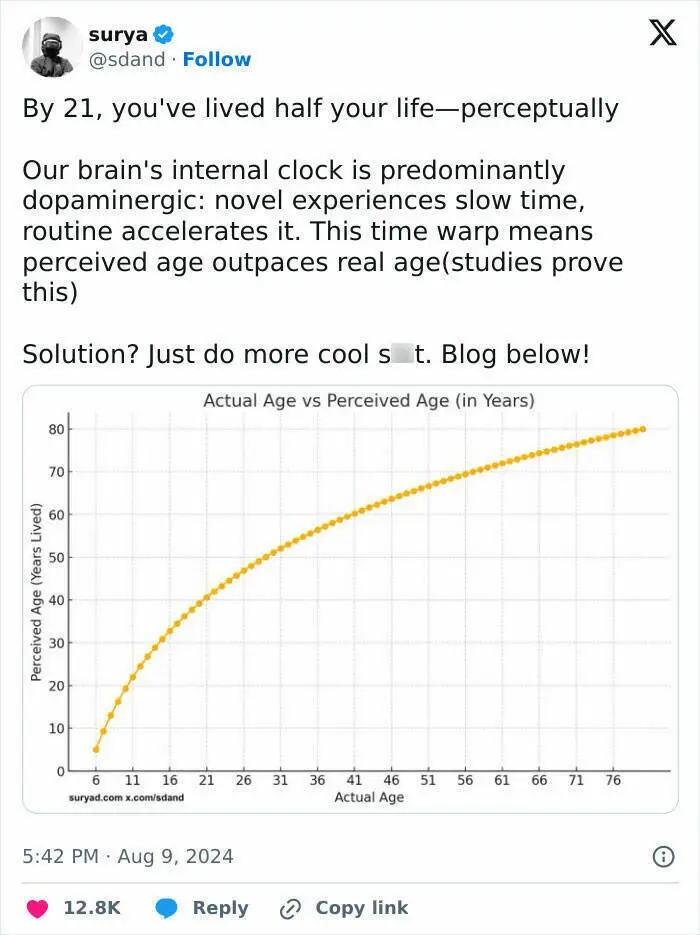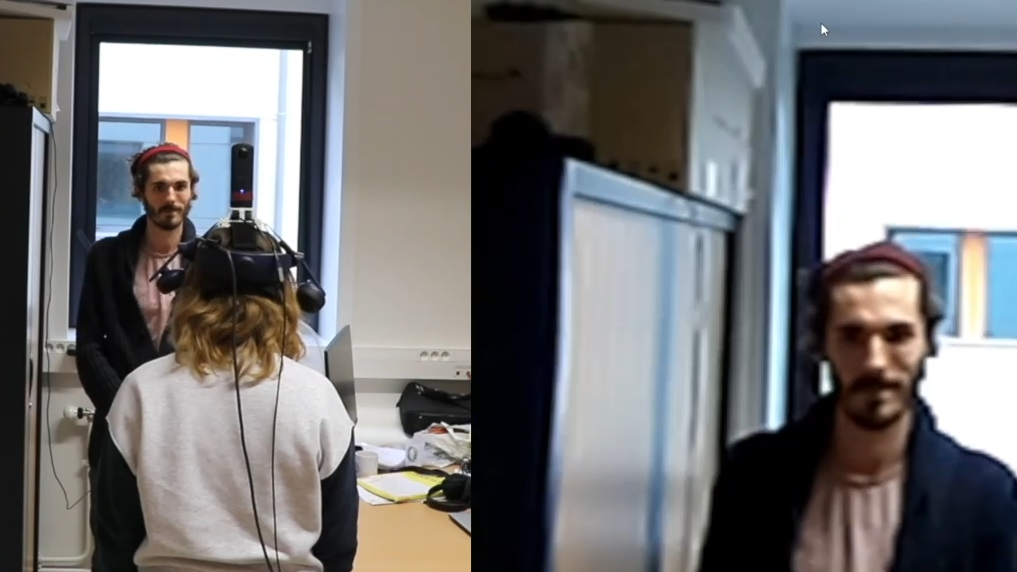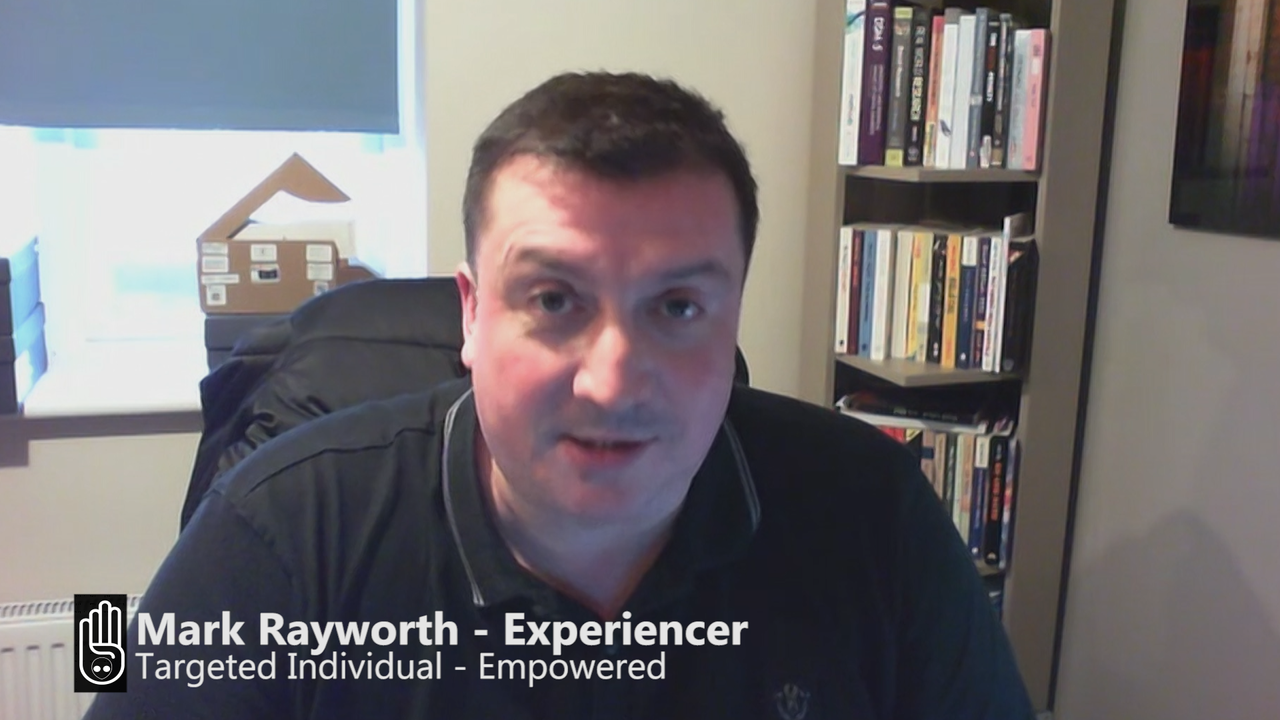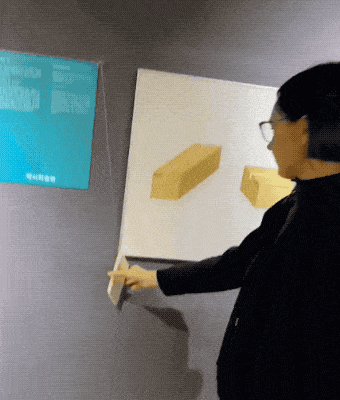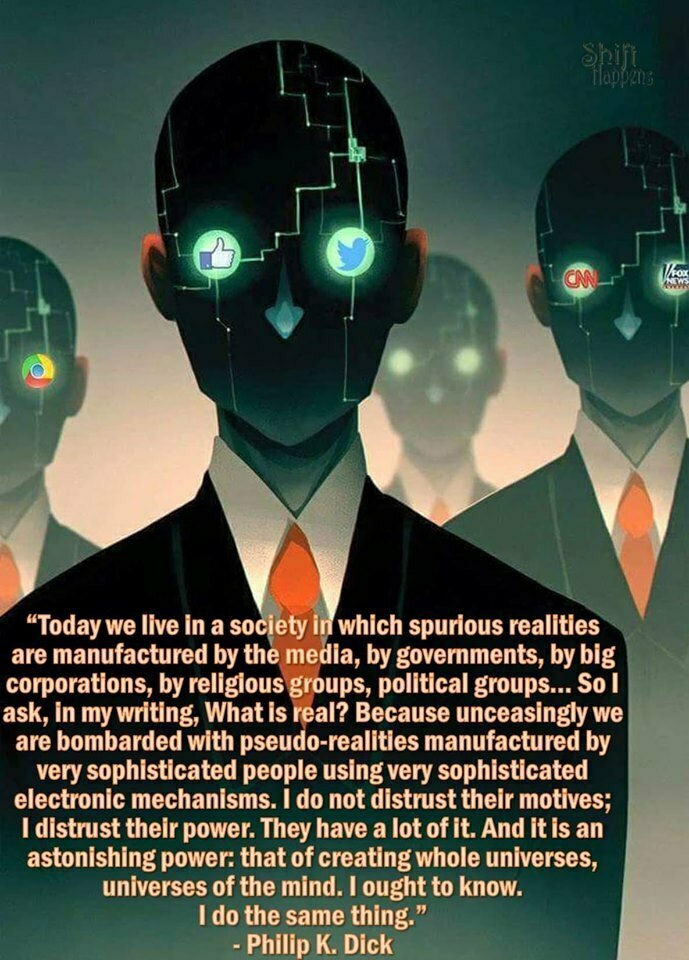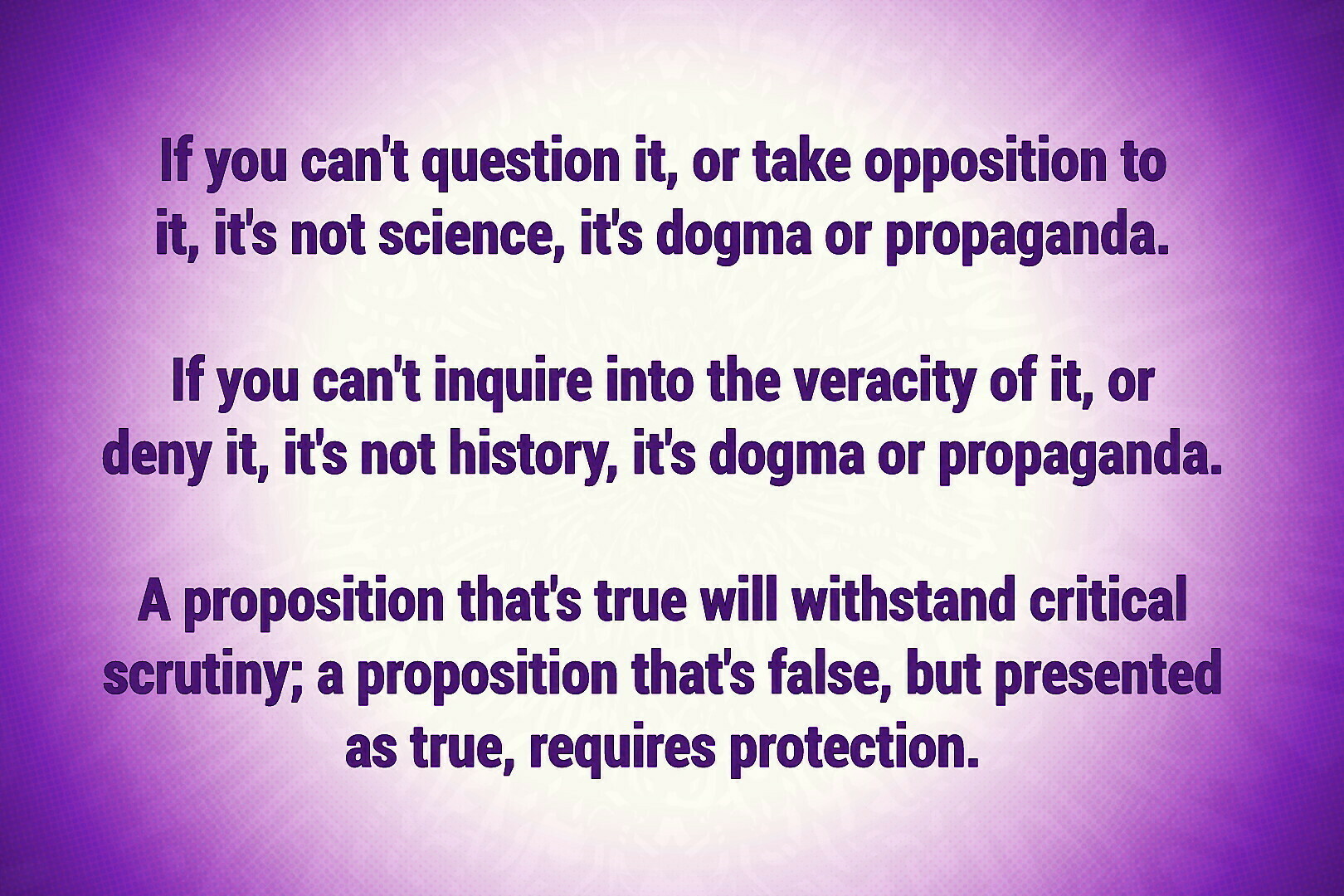Source: https://youtube.com/watch?v=3uK92zS8qq8
#healing
Story at-a-glance
“The #Fascia Movie” explores #how fascia, a long-overlooked #connective #tissue, forms a continuous network throughout the body and is crucial for #health, #pain #perception and #movement
Recent research reveals fascia's complex role in immune function, fluid dynamics and hormone response, prompting a #paradigm #shift in understanding #human #anatomy
Fascia-focused therapies show promise in treating conditions like frozen shoulder and referred pain, revolutionizing pain management and physical performance optimization
Five key factors influence fascia health: movement, hydration, stress management, diet and sleep. New therapies like Deep Wave Therapy are emerging
Ongoing fascia research can transform health care approaches to chronic diseases, aging, and holistic healing, bridging gaps between Eastern and Western medical traditions
"The Fascia Movie" is a fascinating documentary about fascia — a component of our anatomy that has long been overlooked, but is now emerging as a crucial system that may revolutionize how we approach health and healing.
Fascia is essentially a web of connective tissue that surrounds virtually every part of our body — from muscles and bones to organs and individual cells.
As the #documentary explains:1
"Imagine that every part of the body is wrapped in connective tissue. These webs are in turn connected together, and form one of the body's basic frameworks, holding everything in place. This web throughout our body is the fascia."
What's remarkable about fascia is that it forms a continuous network with no beginning or end. It's not just an inert packing material, but a dynamic system that plays vital roles in your health and function.
A Paradigm Shift in Anatomy
For centuries, Western medicine has taken a reductionist approach to the human body, dissecting it into discrete parts and systems. While this has yielded tremendous insights, it has also led us to sometimes miss the forest for the trees. As Gabriel Venne, professor of anatomy at McGill University in Montreal, Quebec, Canada, notes:2
"The first anatomists wanted to understand the organ more as a system or system based. But they forgot the holistic view of the human anatomy. So instead of isolating organs, now we really understand the importance of the interrelation between organs. Which is mostly done via fascia."
This fascia-centric view is prompting a paradigm shift in how we conceptualize the body. Rather than seeing it as a collection of separate parts, we're beginning to appreciate it as an interconnected whole, with fascia serving as the unifying matrix. Recent research is revealing just how complex and important fascia truly is. Some key findings highlighted in the documentary include:
Fascia contains six times more nerve endings than muscles, making it a key player in pain perception and body awareness.
It's filled with specialized cells called fasciacytes that produce hyaluronic acid — a critical lubricant that allows your tissues to glide smoothly.
Fascia plays a vital role in immune function and fluid dynamics throughout your body.
It's highly responsive to hormones, particularly estrogen in women. This may explain many gender-specific health issues.
Fascia forms continuous lines of tension and connection throughout your body, linking seemingly unrelated areas.
These discoveries are opening up new avenues for understanding and treating a wide range of health issues, from chronic pain to immune disorders.
The Fascia-Pain Connection
One of the most exciting implications of fascia research is its potential to revolutionize pain management. The documentary presents several compelling examples:
•Frozen shoulder breakthrough — A pilot study on treating frozen shoulder (a notoriously difficult condition) with fascia-focused therapy showed remarkable results.3 As noted in the film:4
"41% of the patients had full mobility after three treatments and 76% of the patients could move their arm 45 degrees more than before the treatment. In addition to that, 71% reported that their quality of sleep had improved, an unanticipated positive side effect."
This is a dramatic improvement over conventional treatments, which often take months or even years to achieve similar results.
•Understanding referred pain — The interconnected nature of fascia helps explain why pain in one area of the body can originate from a completely different region. Venne explains:5
"One segment of your body is affected due to a trauma or anything, so it's easy now to envision that this tension can be actually migrating into your fascial network, and will basically lead to secondary symptoms that will be described as painful in other regions that the patients will be consulting for. Which are far from the initial problem."
This insight is prompting clinicians to take a more holistic approach to pain treatment, looking beyond just the site of symptoms.
•Fascia and movement — The documentary also highlights the critical role fascia plays in how you move. It forms a continuous network that transmits force and information throughout your body. This has important implications for athletes, dancers and anyone interested in optimizing their physical performance.
One fascinating example comes from the world of equestrian sports. Therapists using fascia-focused treatments on horses have observed measurable improvements in speed and jumping ability.
According to Ivar Bohlin, with Fascia Clinics, "We noticed early on that if the rider is crooked then the horse becomes crooked. That connection between man and horse feels obvious to us."6 This underscores how fascia creates a dynamic, interconnected system that affects overall function and performance.
Five Factors That Influence Fascia Health
Given the pervasive nature of fascia and its many critical functions, maintaining its health is clearly important for overall well-being. The documentary highlights several factors that influence fascia health:
1.Movement — Regular, varied movement is crucial for keeping fascia hydrated and flexible. Sedentary lifestyles lead to fascia becoming stiff and "glued" together.
2.Hydration — Proper hydration is essential for maintaining the optimal consistency of fascia.
3.Stress — Chronic stress causes fascia to tighten and lose elasticity.
4.Diet — Certain nutrients play a role in fascia health, though more research is needed in this area.
5.Sleep — Quality sleep is important for fascia recovery and regeneration.
The emerging understanding of fascia is also inspiring new therapeutic approaches, including the following promising techniques:
•Deep wave therapy — This involves using specialized machines that create gentle vibrations to restore fascia elasticity and improve fluid flow.
•Manual fascia release — Skilled practitioners use hands-on techniques to release fascial restrictions and improve overall body function.
•Movement therapies — Practices like yoga and certain forms of dance are being recognized for their ability to promote fascia health through varied, three-dimensional movement patterns.
•Holistic assessment — Practitioners are learning to assess the body as an interconnected whole, rather than focusing solely on the site of symptoms.
The Future of Fascia Research
While our understanding of fascia has grown tremendously in recent years, it's clear that we're only scratching the surface. As Dr. Carla Stecco, an orthopedic surgeon and professor of human anatomy and movement sciences at the University of Padova, notes:7
"The best will be to understand all the elements that can affect the fascia, and to prevent the alteration of fascia. Because I really think that if we are able to understand all the elements, we can avoid the aging. We can avoid the degeneration of the joints. We can avoid many different pathologies in the organ, in the muscle, in the joints."
In short, fascia research may transform the health care system’s approach to health and aging. Some promising areas for future study include:
The role of fascia in chronic diseases and autoimmune disorders
How fascia interacts with other body systems, like your nervous system and endocrine system
The potential for fascia-focused therapies to treat a wide range of health issues
The impact of lifestyle factors (diet, exercise, stress) on fascia health
The development of new diagnostic tools to assess fascia function
Further, fascia research can bridge the gap between Eastern and Western medical traditions. According to Fan Xiulan, professor of medical Qigong:8
"It's a modern and scientific way to understand what's been talked about in Chinese medicine for millennia in terms of what we call meridians and points that send signals about the effects of healing around the body."
This convergence of ancient wisdom and modern science could lead to more integrated, holistic approaches to health and healing. The emerging research on fascia aligns with many principles I've observed in my practice and research:
The body is an interconnected whole, not just a collection of separate parts.
Many health issues have root causes that aren't immediately obvious and require a broader perspective to understand and treat.
Movement and lifestyle factors play a crucial role in maintaining health and preventing disease.
Your body has remarkable self-healing capacities when given the right conditions.
The fascia-centric view of your body provides a scientific framework for understanding these principles and developing more effective therapeutic approaches.
Practical Implications for Improving Fascia Health
While fascia research is still in its early stages, there are some practical takeaways you can apply to improve your fascia health:
Prioritize movement — Regular, varied movement is crucial for fascia health. This doesn't necessarily mean intense exercise — gentle activities like walking, stretching and tai chi are beneficial.
Stay hydrated — Proper hydration is essential for maintaining healthy fascia. Aim to drink plenty of clean water throughout the day.
Manage stress — Chronic stress negatively impacts fascia. Incorporate stress-reduction techniques like meditation, deep breathing or time in nature into your daily routine.
Explore manual therapies — Techniques like massage, myofascial release or osteopathic manipulation help maintain fascia health and address restrictions.
Consider your posture — Poor posture creates fascial restrictions over time. Be mindful of your posture throughout the day, especially if you spend a lot of time sitting.
Eat a nutrient-dense diet — A diet rich in anti-inflammatory foods and essential nutrients supports fascia health.
Prioritize sleep — Quality sleep is important for fascia recovery.
The emerging understanding of fascia represents a new frontier in health and medicine. Per Johansson, a doctor of human ecology, says, "I can see how this will lead to new forms of health care, new lines of research, new perspectives as to what mankind is. New institutions. Yes … a very different view of human beings."9
Indeed, the fascia-centric view of the body has the potential to revolutionize how we approach health, healing and human performance. It provides a scientific basis for many holistic health principles and opens up exciting new avenues for research and treatment.
As we continue to unravel the mysteries of fascia, more effective, personalized approaches to health that treat the body as the interconnected whole it truly is can emerge. This shift in perspective is important to addressing many of the chronic health challenges we face today. By appreciating the intricate web that connects every part of our body, we can unlock new pathways to health, vitality and longevity."
